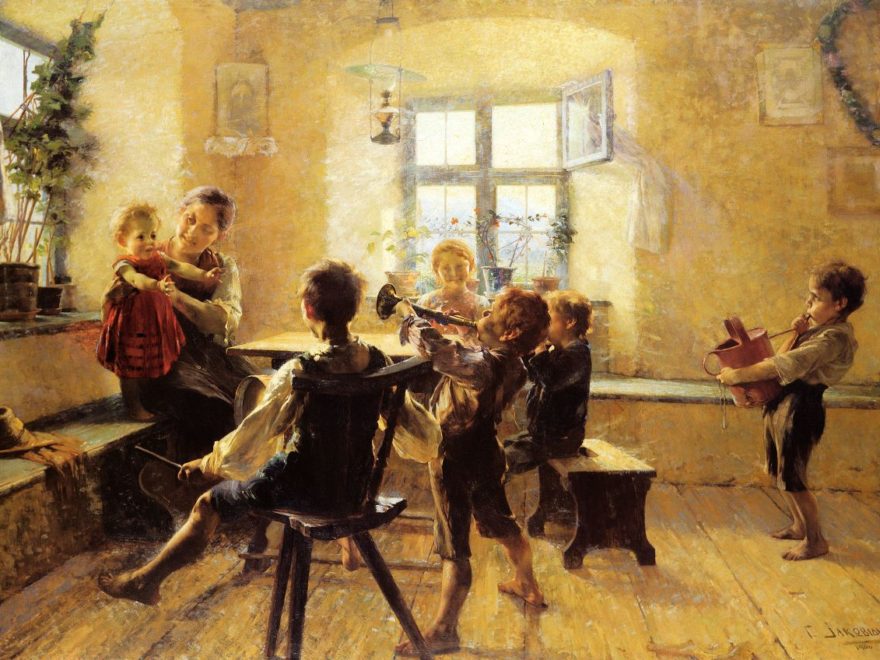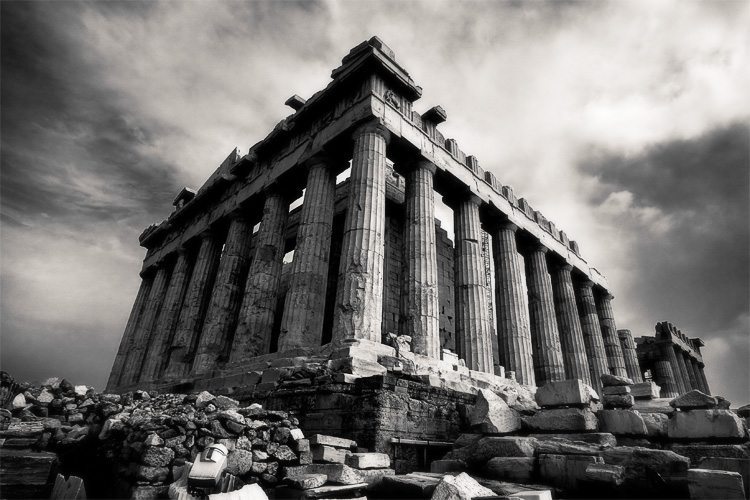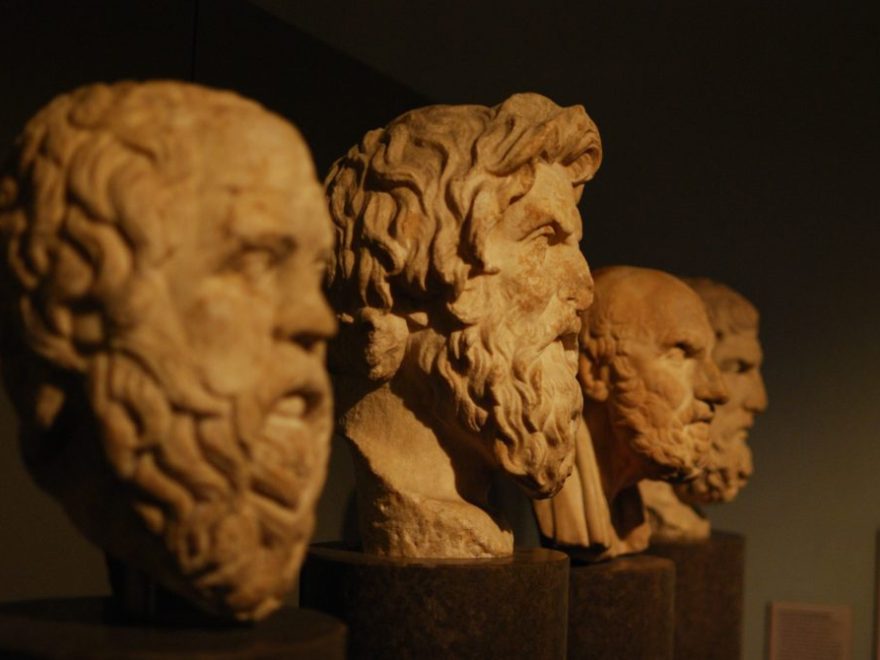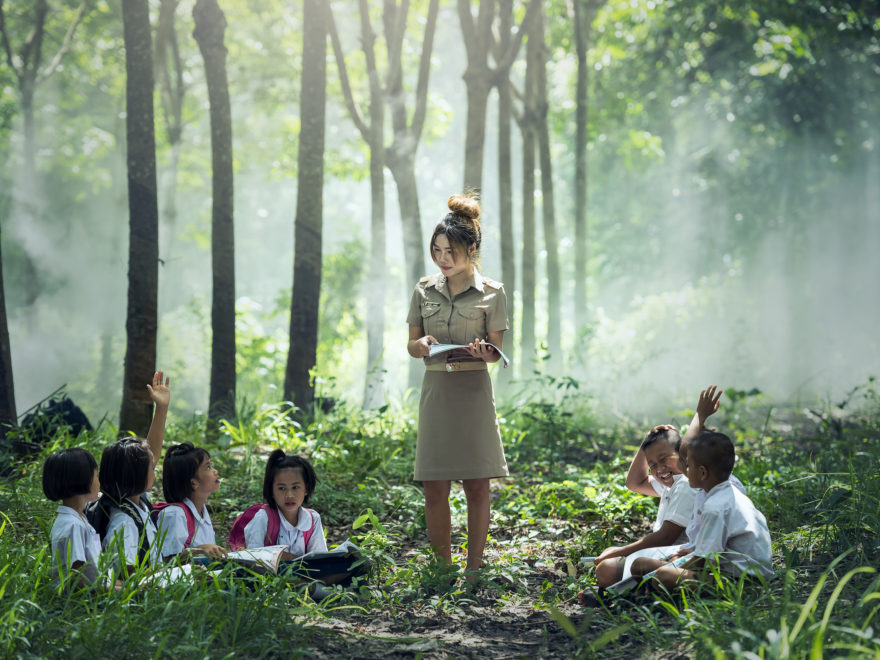Category: Charlotte Mason
-

Education is Life: A Philosophy on Education
The study of education is the study of life. At least that’s the way it should be. Too often educational thought seeks precision in the use of the techniques and technology brought into the classroom. Have one’s lesson plans fully articulated all of the learning objectives spelled out in the curriculum? What is the new…
-

Charlotte Mason and the Liberal Arts Tradition, Part 2: Educating the Whole Person
What has Charlotte Mason to do with classical education? In my first blog in this series, I began exploring this question through a close reading of Kevin Clark and Ravi Jain’s The Liberal Arts Tradition: A Philosophy of Christian Classical Education. In this book, Clark and Jain offer a paradigm for understanding classical education as…
-

Charlotte Mason and the Liberal Arts Tradition, Part 1: Mapping a Harmony
“What has Athens to do with Jerusalem?” the church father Tertullian skeptically asked. Tertullian was writing at a time in which church leaders were weighing the pros and cons of mining the Greco-Roman philosophical tradition for insights they could utilize in the development of a distinctively Christian philosophy. Similarly, within the Christian classical school movement,…
-

Charlotte Mason and the Power of Ideas
As Charlotte Mason observed, there is nothing quite like the experience of being struck by an idea. The experience is equivalent to being the recipient of some unexpected treasure. Ideas loosen our grip on holding a thin view of the world. They open our minds, especially through narration, to connections previously gone undetected and stir…
-

The Role of Ideas in Education
Ever the provocateur, Charlotte Mason, the late 19th century British educator, raised the question of the role of ideas in education. After mentioning the importance of ideas in both common life (“I have an idea!”) and the history of philosophy, she castigates the educational establishment of her day for neglecting ideas: “There is but one…

